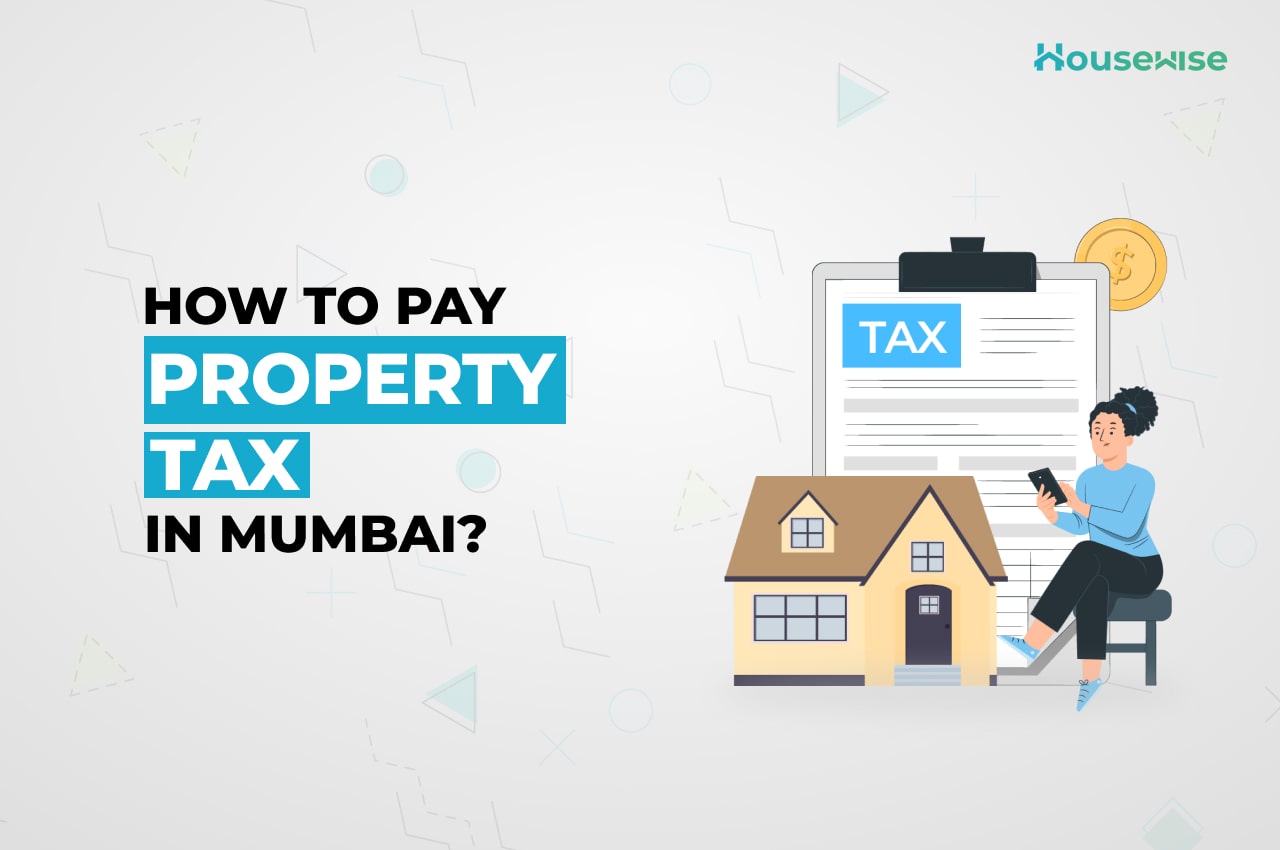Let’s be real. We all love watching fights. Except for when they happen in our rented-out property. Suddenly you don’t feel like reaching out for popcorn, but your lawyer. However, when renting out your home to multiple tenants, you unwillingly sign up for such situations. But don’t worry. Instead of trying to avoid them, it’s better to learn from these fights for fewer disputes in the future. In the meantime, checkout some tips on tenant dispute resolution.
Contents
1. Take Immediate Action on Tenant Dispute Resolution
Don’t be like me and wait for it to pass. Only works with dog fights. As soon as you learn about the dispute, take immediate action for tenant dispute resolution. This not only reduces the chances of the argument escalating but also instills a sense of confidence about the landlord’s dexterity in the minds of the tenants.
2. Communicate the Course of Correspondence
If you wish to avoid late-night calls from your tenants, clearly communicate in advance on how they can file a complaint, whether via email or by submitting a complaint form to the leasing officer. This gives the tenants clarity on what their next course of action should be, instead of getting worked up about that as well. While it may sound like a ‘no brainer’, following a strictly devised plan drastically simplifies the resolution process.
3. Document Everything for any Dispute
This is the most important thing to do in tenant dispute resolution. People tend to mix things up in the heat of the argument. So having written documentation of everything, including complaint forms, photographs of the property during the argument, the conversation you had with both the tenants (just like minutes of the meeting), should help reach a solution quicker.
Also Read: How to Manage Home Loan and EMIs Effectively During the COVID Crisis?
4. Inform the Party in Question
In case of a complaint, contact the tenant in question and inform them that an anonymous complaint has been lodged against them. Inform them that violations of the policies in the rent agreement can lead to early eviction. Sometimes, this information is enough to stop any kind of inappropriate behaviour on the tenant’s part.
5. Follow up after Tenant Dispute Resolution
After the tenant dispute resolution, follow up with the parties involved on whether they are satisfied after the resolution or are still not comfortable with the arrangement made. Plus, ask for any feedback they wish to offer.
6. Hire a Property Manager for Tenant Dispute Resolution
The easiest tip of all! Don’t even bother following the above suggestions on tenant dispute resolution and simply let your property manager handle everything from hearing both the parties to coming to an agreement. They should be experienced enough after having dealt with this many times and would also be the most professional. But make sure that you opt for a competent property manager’s services.
Also Read: Important real estate Terms and definitions that every property investor should know







